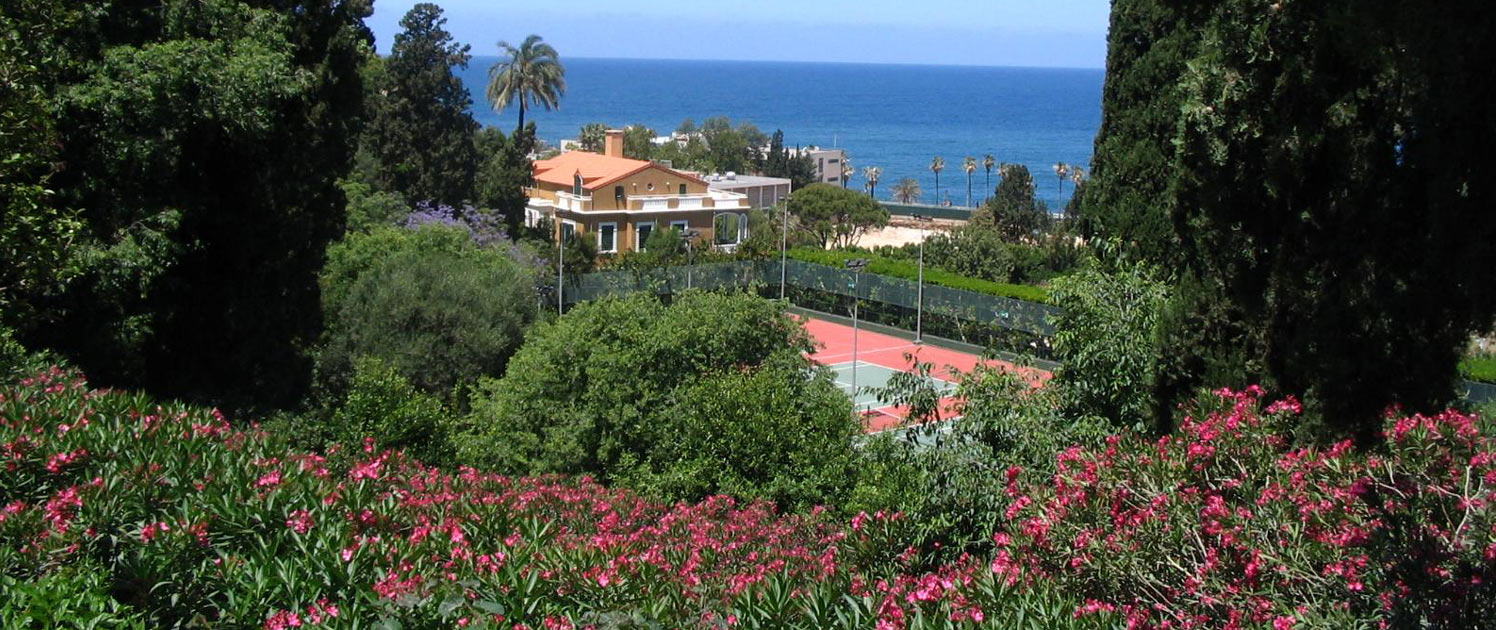
Lebanon
Lebanon was a majority Christian nation before 1970, but war, instability and the growing influence of militant Islam prompted many Christians to leave. In 1970, Lebanon was 62 percent Christian. By 2010, Christians composed only 32 percent of the population. The capital city of Beirut is segregated by religion, and there is very little interaction between the two sides.
There is a unique openness to the Gospel among Arab Muslims in Lebanon who have suffered greatly because of the war in Syria. As Lebanon consists of a significant Christian population, it has become a haven for persecuted believers throughout the region. More than one million Syrian refugees have entered the country over the past seven years, increasing Lebanon's population by nearly one-fourth. Yet, these refugees have not always been welcomed with open arms by the general population. Despite the country's hardships, many of the evangelical churches in Lebanon have reached out by caring for their emergency needs. These congregations willingly distribute Bibles and Christian literature, along with food and other necessities. Many receptive Muslim refugees attend home Bible studies and church services to learn about Christianity. Significant numbers have placed their faith in Christ, received baptism, and are now actively witnessing to other Syrian Muslims.
Life for Christians:
In addition to having a reputation of being a free country, Lebanon is highly westernized in urban areas. Those acknowledged as Christians by birth are allowed to worship openly. Yet they can face ongoing harassment from the Muslim majority, such as denial of land acquisition and increased tax rates. More severe forms of persecution occur when believers share their faith or Muslims come to Christ. Christian converts from Islam are persecuted mostly by their families and communities.

 Population
Population